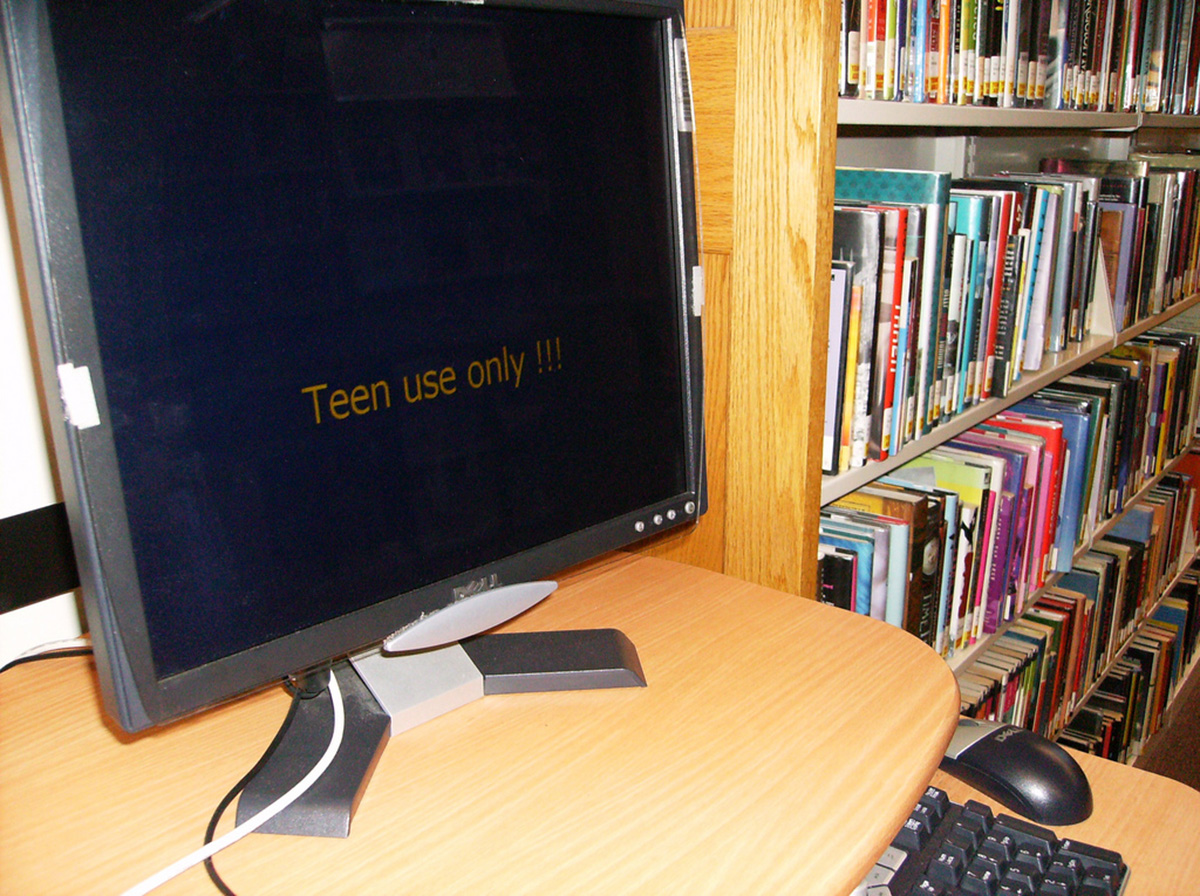Table of Contents
Behavioral scientists have repeatedly found that using social media can make people feel worse about themselves.

A team of investigators led by social psychologist Ethan Kross recruited a small group of young adults to answer survey question about how they felt about themselves by text message five times a day for two weeks. They then compared the volunteers' answers to the survey questions with how many times a day they logged into Facebook and how many times they had face to face interactions.
The researchers found that the more often volunteers logged into Facebook, presumably seeing how much fun other people were having, the worse they felt about themselves, and the more often they had face to face interaction with people in the non-virtual world, the better they felt about themselves. Study volunteers who had more face time with real people logged into Facebook significantly less often, and people who spent more time on Facebook rated themselves as significantly more worried and lonely than people who spent less. Neither group, however, seemed to recognize that online activity had any particular role in how well they felt their lives were going.
"Over a billion people belong to Facebook, and over half of them log in every day," University of Michigan social psychologist Ethan Kross, principal investigator for the study, told CNN.
Why do young adults (and, presumably, teens and preteens) who spend more time online on social media experience more negative emotions?
- Perhaps they are comparing themselves to people who are having more fun and distraught that they can't join in, as is the case with many teens and preteens, and
- Perhaps they are seeing the successful careers, marriages, and family lives of others and feeling jealous, as German researchers found in a January 2014 study of adults who use Facebook.
- Perhaps they know they are wasting time they could be using to interact with real people in enjoyable ways, and feel sluggish and unproductive when they realize deep the social media pull is.
See Also: A Parents' Guide To Their Daughter's Puberty
So how can parents help their children use social medial to make life more enjoyable rather than to make life more frustrating? Here are some suggestions:
- Don't let monitoring online activities take the place of face to face interactions in your own family. The more time you spend helping your children recognize, articulate, and obtain life goals in the real world--beyond merely "hanging out"--the lesser grip of social media on their emotional wellbeing.
- Do encourage person-to-person communication even on social media. Encourage children to buffer the short statements they can make on Internet platforms with messaging to explain what they mean to individuals who may misunderstand them. And however grating you may find emoticons, ask your children to consider using more emoticons to avoid leaving a negative impression in social media.
- Talk about social media early and often. Don't expect everything to go right after just one conversation. Be open to talking with your children about their concerns in relating to others, both online and in 3-D.
- Kross E, Verduyn P, Demiralp E, Park J, Lee DS, Lin N, Shablack H, Jonides J, Ybarra O. Facebook use predicts declines in subjective well-being in young adults. PLoS One. 2013 Aug 14
- 8(8):e69841. doi: 10.1371/journal.pone.0069841. eCollection 2013.
- Photo courtesy of Manchester Library via Flickr: www.flickr.com/photos/manchesterlibrary/2575009311
- Photo courtesy of moresatisfyingphotos.com via Flickr: www.flickr.com/photos/jeff_kontur/4013998424

